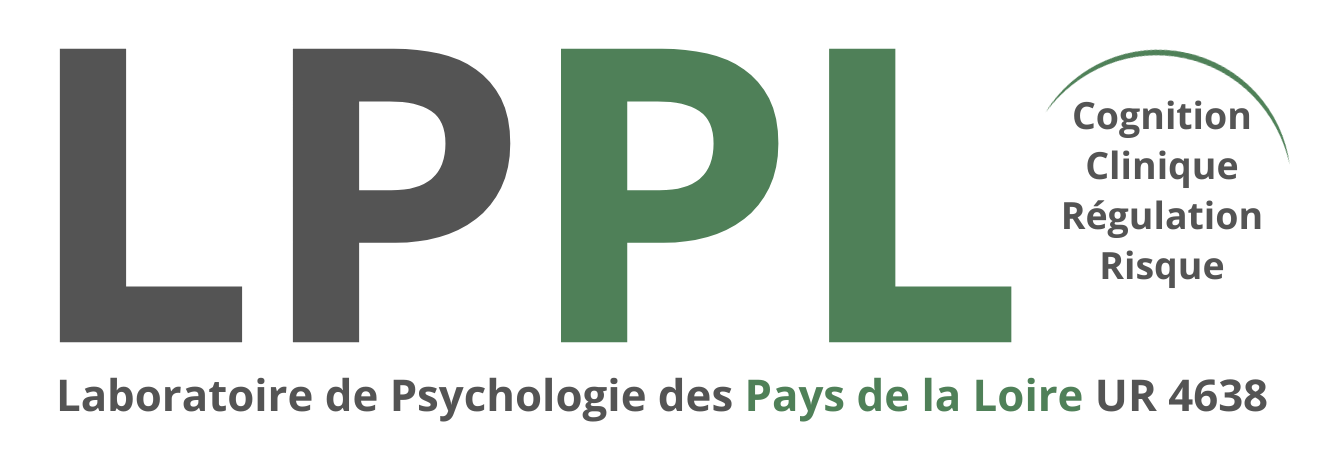PhD Thesis Topics
20 research lecturers are qualified to supervise theses and offer the following thesis research topic areas:
Philippe ALLAIN
Executive processes: the fragmentation of executive processes, the ageing of executive functions, interactions between the executive and mnesic functions (source memory, destination memory), assessing and treating executive function disorders.
Social cognition: emotions, empathy, theory of mind, script, interactions between social cognition, executive processes and behaviour, social cognition skills and ageing, evaluating social cognition.
The target population groups are adults and the elderly (neurologically and psychiatrically).
Cédric ANNWEILER
Research activity focuses on the prevention of gait disorders and higher functional disorders in the elderly.
Initially focused on the risk of falls and its assessment using the dual-task paradigm, it then turned to the superior control of walking performance and its impairment during pathological cerebral ageing, particularly during dementia.
The close link we demonstrated between walking ability and cognition in the elderly seems to be explained by executive function performance and by a metabolic component, vitamin D, whose non-bone effects on the neuromuscular system, brain and physical, functional and cognitive performance of the elderly we have been studying for over 15 years.
Finally, research is also being carried out on the use and benefits of gerontechnologies for elderly patients, in terms of both their health and functional aspects of their lives. This is notably conducted through the development of ALLEGRO: Angers Living Lab En GéRiatrie hOspitalière [Angers living lab in hospital geriatrics].
Jeremy BESNARD
My research is based on a biopsychosocial and embodied approach to cognition, applied in various ways to the field of neuropsychology (frontal symptomatology) and ageing (normal and disease-related):
- The interactionist perspective in social cognition
- Behaviour and executive functions (e.g. social dependency syndrome)
- Decision-making (the influence of context)
- Assessment and treatment using new technologies (digital tools, virtual reality)
- Social neuropsychology (sociotechnology and neuropsychological assessment)
Olivier BONNOT
Developmental disorders and genetic diseases
Clinical research on atypical psychiatric and developmental symptoms, development of differential diagnosis algorithms using psychiatric indicators and psychopharmacology studies.
Using smartphone apps to treat psychiatric disorders in children and adolescents.
Development of an app for Ecological Momentary Assessments (EMA), with a feature enabling interaction between a patient or family and the app. The aim is to develop a self-care app.
The areas studied are autism, attempted suicides, attention deficiency disorders and chronic pain.
Abdel Halim BOUDOUKHA
Post-traumatic Stress Disorder (PTSD), Burn-out, Pain: Risk factors, Exposure to traumatic or stressful events, workplace violence, somatic (Pain) and psychopathological (PTSD, Burn-out) outcomes.
Evidence-based practice in Psychology: Cognitive and Behavioral Therapy validation trials for (a) PTSD comorbidity (with burn-out, Substance abuse) and (b) Burn-out comorbidity (with Pain, PTSD).
Fabienne COLOMBEL
Cognitive functioning and impairment
Emotion-cognition interaction: the impact of moods on cognitive functioning.
False memories: the impact of the processes involved in creating and reducing false memories in the context of normal and disease-related ageing. Study of the internal (mood, age, inhibition levels, etc.) and external (emotional connotation of material things, level of treatment, etc.) contextual factors which influence the production of false memories.
Anne CONGARD
Emotional regulation and dysregulation: a dynamic approach to emotional fluctuations and understanding emotional regulation strategies through time and life events, with a focus on health. Description of the elements involved in emotional regulation: study of how they work and the short- and long-term adaptability criteria associated in the different aspects of life, i.e. health, work and the everyday.
Study of changes in the conative sphere from a lifespan perspective, including emotions, personality traits, depression and anxiety disorders, through intervention initiatives: mindfulness, positive psychology, CBT and sports programmes. Approach involving the differential efficiency of intervention programmes, the design and validation of tools for measuring conative dimensions linked to these topics and their development over time.
Innovations in methodological approaches to inter and intra-individual variability: psychometrics, multivariate structural methods: principal component analysis, multidimensional scaling; structural modelling; causal analysis, confirmatory factor analyses, analyses of the dynamics of individual functioning, multilevel models, Markov Chain, etc.
Mohamad EL HAJ
My research aims to assess and treat the deterioration of autobiographical memory caused by Alzheimer’s disease and Korsakoff’s syndrome.
Ghozlane FLEURY-BAHI
Health and the environment: the psychological and psychosocial impact of environmental stressors (noise, pollution, natural hazards, etc.), quality of life and the environment, health and environmental risk assessment, protective/risky behaviours.
Sustainable development: ecological behaviours, environmental risk assessment.
Sandrine GAYMARD
Representations and norms: social and practical representations, theory of conditionality and legitimate transgressions, norms, normative and cultural models, methods and analyses.
Risks and safety: road safety, sustainable safety, risk-taking, vulnerable users, behaviours and environments, transport and quality of life, school environment, health.
Bénédicte GOHIER
Emotion-cognition interaction: study of the emotional regulation processes in patients with emotional disorders (depression, bipolar disorders, anxiety disorders).
Vulnerability factors for depression: gender, environment, gene-environment interactions, somatic disorders.
Corentin GONTHIER
I work on variability in high-level cognitive functioning. 'Variability' includes developmental change, inter- and intra-individual variations, and normal and pathological variability. 'High-level cognitive functioning' refers to all complex cognitive activities, including intelligence, working memory and cognitive control. My research involves identifying the many quantitative (determinants, aptitudes, etc.) and qualitative (strategies used, etc.) mechanisms that contribute to variability for complex tasks.Intelligence: strategies involved in intelligence tests and their development, cultural influences at play in tests and in the Flynn effect, characteristics of high intellectual potential, use of intelligence tests in clinical contexts and in special populations (e.g. people with learning difficulties), etc.
Working memory: strategies for memorising visuospatial material, causal role of verbal strategies in adult and developmental variability, design of adaptive working memory tests, resource models of visuospatial working memory in a continuous space, etc.
Cognitive control: development of cognitive control in children, implicit measures of cognitive control in conflict tasks, proactive and reactive control mechanisms, gradual nature of interference, etc.
The indirect aim of this work is to better interpret the results of psychological tests in a clinical context.
Didier LE GALL
Praxis and gestures: apraxia, tool use disorders, dyspraxia, interactions between gesture/tool and semantic knowledge, and between gesture/tool and executive function. Part of the research concerns children (including development of praxis), and the other part adults (vascular and dementia diseases).
Frontal and executive functions: inhibition, problem-solving and planning, social interactions. Part of the research concerns children (including development of executive and socio-cognitive functions), and the other part adults (depression, vascular and dementia diseases).
André NDOBO
Intergroup relationships, judgements and beliefs: discursive approach to prejudices, stereotypes and discriminations (linked to age, gender, ethnoracial origins), both implicit and explicit, at work and in school.
Social stigmatisation: intersectional approach to stigmatisation phenomena (twice as punishing or twice as beneficial?), the perception of stigmatisations and its impacts, resilience mechanisms.
Regulation of discrimination: public policies and their end purposes, dilution strategies at an individual or group level.
Isabelle NOCUS
My research focuses on language development and learning to read in a monolingual or multilingual context. I also study the impact of pedagogical and educational devices on these dimensions, as well as on the conative (self-concept in languages, subjective well-being, life satisfaction) and emotional (anxiety and enjoyment in learning) aspects. Work is also underway on the links between psychosocial skills, executive functions, language skills and academic well-being of children in primary school. As a development specialist, I am interested in different stages of life (from infants to young adults), in various life contexts (in the family, in early childhood care, at school, in middle school/high school and at university), as well as in the involvement of different actors (the child or adolescent, his or her family, teachers and early childhood professionals).
Catherine POTARD
- Studies of the socio-psychological vulnerability and psychological health factors associated with interpersonal violence (sexual, domestic and/or school violence) at all ages.
- Characterisation of socio-affective influences (attachment, peers) in risky behaviours during adolescence or early adulthood (sexual, addictive, suicidal, dropping out of school).
- Identification of psychological adjustment processes in the case of critical life events (violence, illness, life transitions).
- Assessing the effectiveness of psychological treatment for perpetrators and/or victims of interpersonal violence.
Pauline QUEMART
My research is based on a cognitivist approach to the psychology of language. I am particularly interested in the learning of written language (reading and written production) and the factors that can influence this learning (individual factors: multilingualism, oral or written language disorders, or factors linked to the characteristics of the language).
I have a particular interest in psycholinguistics, i.e. the study of language processing units, and have developed expertise in the study of morphological processing (i.e. word roots, prefixes and suffixes) in reading, written language production and vocabulary acquisition.
Frédérique ROBIN
False memories: processes involved in creating and reducing false memories; impact of perceptive, cognitive and socio-cognitive factors (e.g. visuospatial treatment; imagery; emotions; attitudes; beliefs; suggestibility); false memories explored in normally-functioning individuals and in patients.
Emotion-cognition interactions: variations in the interaction between mental images and emotions during the development of individuals: emotional and behavioural regulation; cognitive approach to practices used (hypnosis, meditation, etc.) to intervene on the management of emotions and attention levels.
Nicolas ROUSSIAU
Religion: social representations, social beliefs, religious discriminations, religious beliefs and false memories, religious radicalism.
Happiness and spirituality: spirituality and health (coping strategies, risk-taking and health behaviours, etc.), spirituality and the environment (perception of responsibility with regard to the environment, analysis of pro-environment behaviours, etc.).
Arnaud ROY
Neuropsychological approach to executive functions in children
Key words: Neuropsychology, Executive functions, Development, Child, Brain, Regulation, Health.
My main area of research is child neuropsychology. I am particularly interested in executive functions and problems of cognitive and behavioural regulation.
My research is structured along two complementary lines and is done in collaboration with doctors and specialists in developmental psychology, adult neuropsychology and health psychology.
The first line of research is the development of assessment tools for executive functions and the study of their developmental determinants. As well as critical reflection on examination strategies, this work focuses on the development, calibration and validation of performance-based tests (particularly the battery Fonctions Exécutives de l'Enfant: FÉE) and measures of daily life (BRIEF questionnaires).
The second line of research is based on a clinical approach to the characteristics of executive dysfunction in different paediatric contexts. Related to the notion of early vulnerability of prefrontal networks in children, the work aims to promote a better understanding of the manifestations of dysexecutive syndrome in various neurodevelopmental disorders (notably neurofibromatosis type 1, phenylketonuria, developmental coordination disorder, etc.), but also in the field of acquired brain lesions (head trauma, brain tumours, epilepsy, prematurity, congenital heart disease), psychopathology and health psychology (anxiety disorders, school bullying, giftedness).



